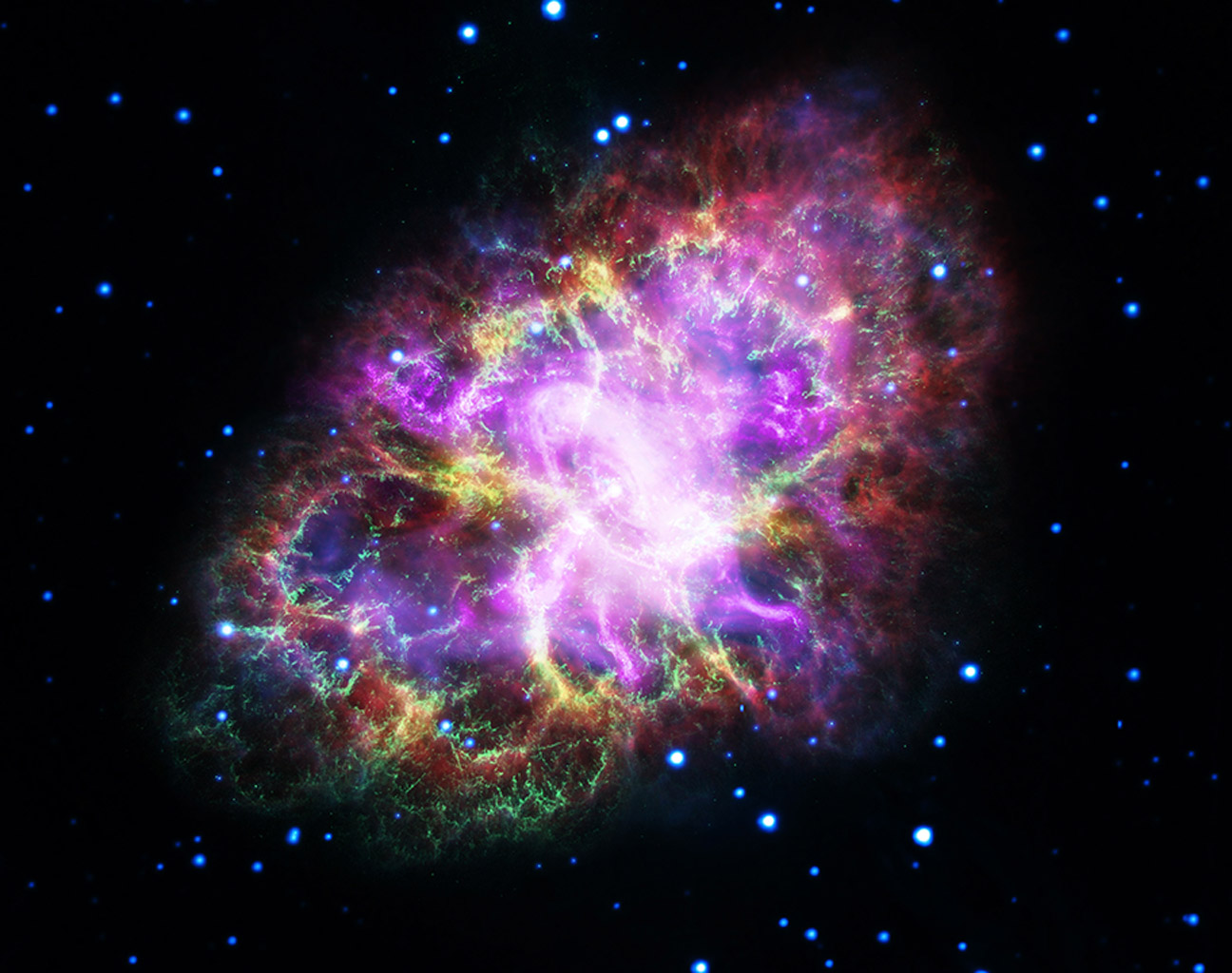 In the course of writing this blog, I have often referred to the premature passing of my father. He passed away at the age of 63. A few days ago, February 1, would have been his 100th birthday. The thought gave me pause. One of my sisters sent all (I have one brother and two sisters) of us a text, a text in which she had posted one of our favorite photos of our parents together, in front of which she had lit a candle. Before I went to bed that night, I paused to look, again, at the several photos of my parents my wife and I have set on some of the shelves in the living room of our home. How utterly human, I thought, how utterly, and tragically, human: Mom and Dad lived, loved, and died.
In the course of writing this blog, I have often referred to the premature passing of my father. He passed away at the age of 63. A few days ago, February 1, would have been his 100th birthday. The thought gave me pause. One of my sisters sent all (I have one brother and two sisters) of us a text, a text in which she had posted one of our favorite photos of our parents together, in front of which she had lit a candle. Before I went to bed that night, I paused to look, again, at the several photos of my parents my wife and I have set on some of the shelves in the living room of our home. How utterly human, I thought, how utterly, and tragically, human: Mom and Dad lived, loved, and died.Though it's easy from an empirical standpoint to deny that there is nothing "bigger" than us, it's decidedly less simple to deny it from an experiential one: we want to believe we and our lives have a point. Millennia ago, the Hebrew prophet Moses wrote of God, the one whom he considered ultimate meaning, the one he called Yahweh, the living one, "Even from everlasting to everlasting, you are God." He didn't need to say much more. We can suppose that we have no point, but we know, deep in our hearts, that we want to have one. And without a larger point, we never will.
For us, one hundred years is a long time; for the cosmos, it is an instant. For God, it is even less. On the other hand, it is everything: Dad had a point well beyond what I can ever imagine.
No comments:
Post a Comment